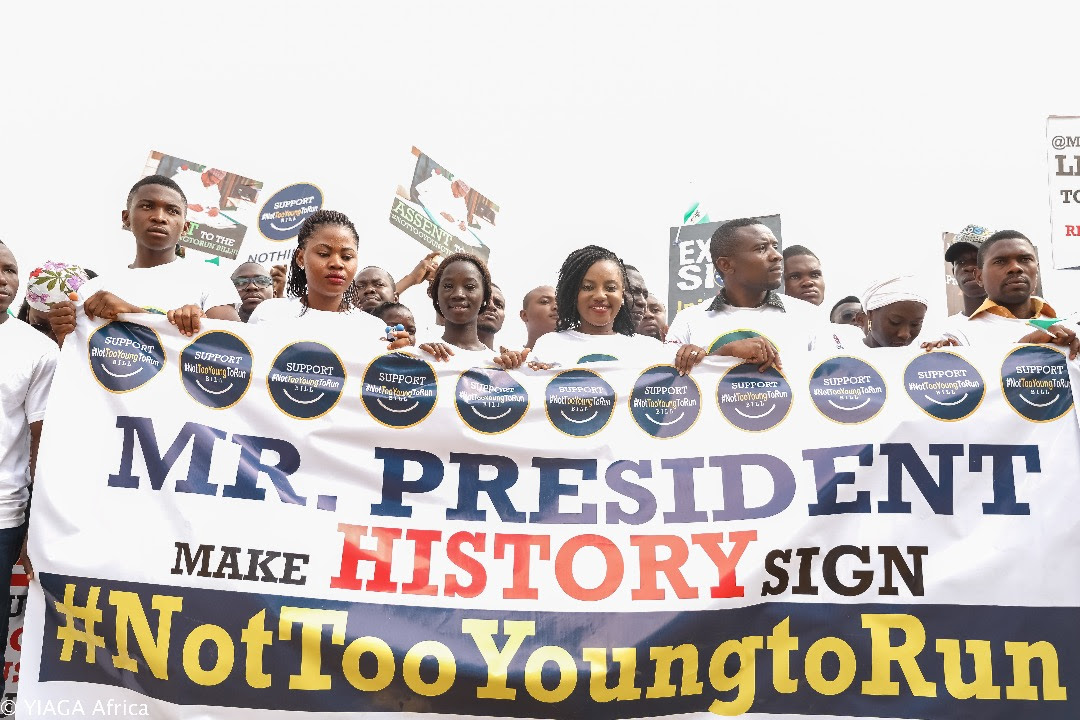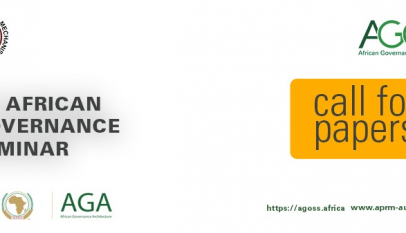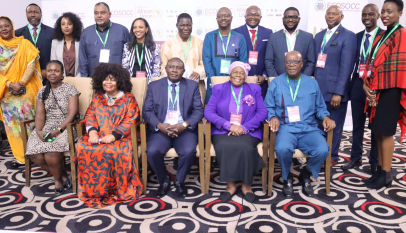OP-ED: International Youth Day 2019: Beyond the ‘one-day’ celebrations, By Amanda Namayi
In the past 19 years, the world has been celebrating the International Youth Day as a strategy for achieving youth inclusion; however, the annual global youth day leaves much to be desired, with so many questions left unanswered

On August 12, the global community namely intergovernmental agencies such as UN and AU, national governments, and members of the civil society, observed the 2019 International Youth Day (IYD2019). In case you are wondering what this day is all about; the International Youth Day is an annual youth awareness day that aims to draw global attention to youth-related matters around the world.
The history of the International Youth Day dates back to 1999, when the United Nations dedicated August 12 of every year as a day to celebrate young people, globally. However, it was first celebrated in 2000.
About twenty years down the line, it is only sensible that we are able to understand the connection between youths and various global development challenges that directly affect young people all over the world: terrorism, migration, unemployment, lack of access to education, and climate change. This is also critical for the successful realization of the UN’s Sustainable Development Goals (SDGs) by 2030.
In recent past, for instance, we have seen young people leading campaigns and movements such as the ‘March for our Lives,’ a youth-led movement focused on ending gun violence in the United States as well as the ‘School Strike for Climate,’ led by the sixteen-year-old Swedish activist Greta Thunberg, as a last-resort effort for holding global leaders accountable for the debilitating consequences of climate change across the world.
Seeing a sixteen-year-old Thunberg put leaders in check in respect of their complacency in adhering to the Paris Agreement, as stipulated in the United Nations Framework Convention on Climate Change (UNFCCC), is really inspiring. Thus far, we have witnessed several youth-led movements across the world with young people defying all odds and challenging governments and policymakers to draw attention to issues that affect youths.
Hence, it is evident that youths have the capacity to effect positive changes across the world and could therefore play a significant role in achieving global development. However, there`s an obviously huge gap in terms of youth inclusivity in policy and decision-making processes, particularly on issues that are pertinent to young people.
Going forward, governments must urgently reshape their youth engagement strategies to ensure adequate inclusion of youths in policymaking on issues that directly affect young people. Moreover, youth-centred programs by governments aimed at addressing youth-related issues are rarely designed in consultation with the youths, hence end up not addressing the challenges they are meant to address. When it comes to decision-making, young people are only made to believe they have a seat at the table when, in reality, they are merely guest participants in discussions they are meant to take the lead in.
Although for the past 19 years, the world has been celebrating the International Youth Day as a strategy for achieving youth inclusion; the annual global youth day leaves much to be desired with so many questions left unanswered: are youths adequately involved in policymaking processes? If yes, how are they involved in the implementation of policies and youth-centred initiatives?
I strongly believe that youths are a powerful force to reckon with; thus, rather than bridle their energy, governments must harness their energies to build synergies that will ensure the formulation of effective policies aimed at exploiting the potentials of young people all over the world. Moreover, implementation of the principles behind the International Youth Day should not just be a one day affair – it should be a way of life!
Amanda Namayi is the East African Regional Coordinator for the Climate Smart Agriculture Youth Network (CSAYN) cum Brand Ambassador for the Global African Agribusiness Accelerator Platform (GAAAP). The views expressed in it are those of the author alone – and do not necessarily reflect the editorial policy of African Newspage














